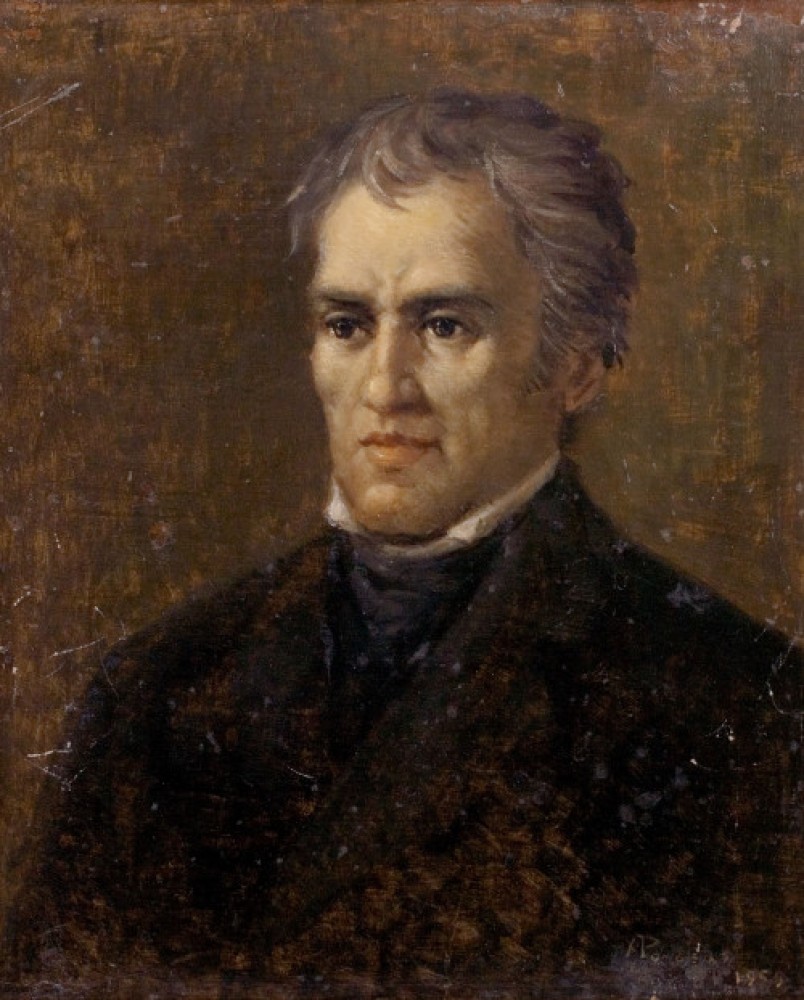
The poet Andreas Kalvos was born in Zakynthos (1792) and died in Louth, Linconshire (1869). In 1802 his father settled in Livorno, where Andreas remained until 1812. In 1813 Kalvos met Foskolos and wrote the tragedies "Thiramenis" and "Danaides". He wrote philosophical and aesthetic essays, translated works by Italian poets, a method of teaching the Italian language and was distinguished for his erudition. London, Florence, Geneva and Paris were milestones in his professional and intellectual career, which reached its zenith in his twenty Odes: the "Lyra" (Geneva, 1824) and the "Lyric" (Paris, 1826). ). After the publication of the Odes, he decided to return to Greece, where he gained a reputation as an intellectual and scholar and the "Ionian Academy" awarded him the "doctoral degree of Philosophy" and a laurel wreath. At the age of 60 he moved to Linconshire, married his second wife (1853), who was a teacher, and opened a senior girls' school, where he taught mathematics and foreign languages. In November 1869 he died and was buried in Keddington Cemetery.
George Seferis, who was then ambassador of Greece in London, transferred his relics to his birthplace on March 19, 1960 and today rest in the Mausoleum of the "Museum of Solomos and Eminent Zakynthians", next to the relics of our national poet.
